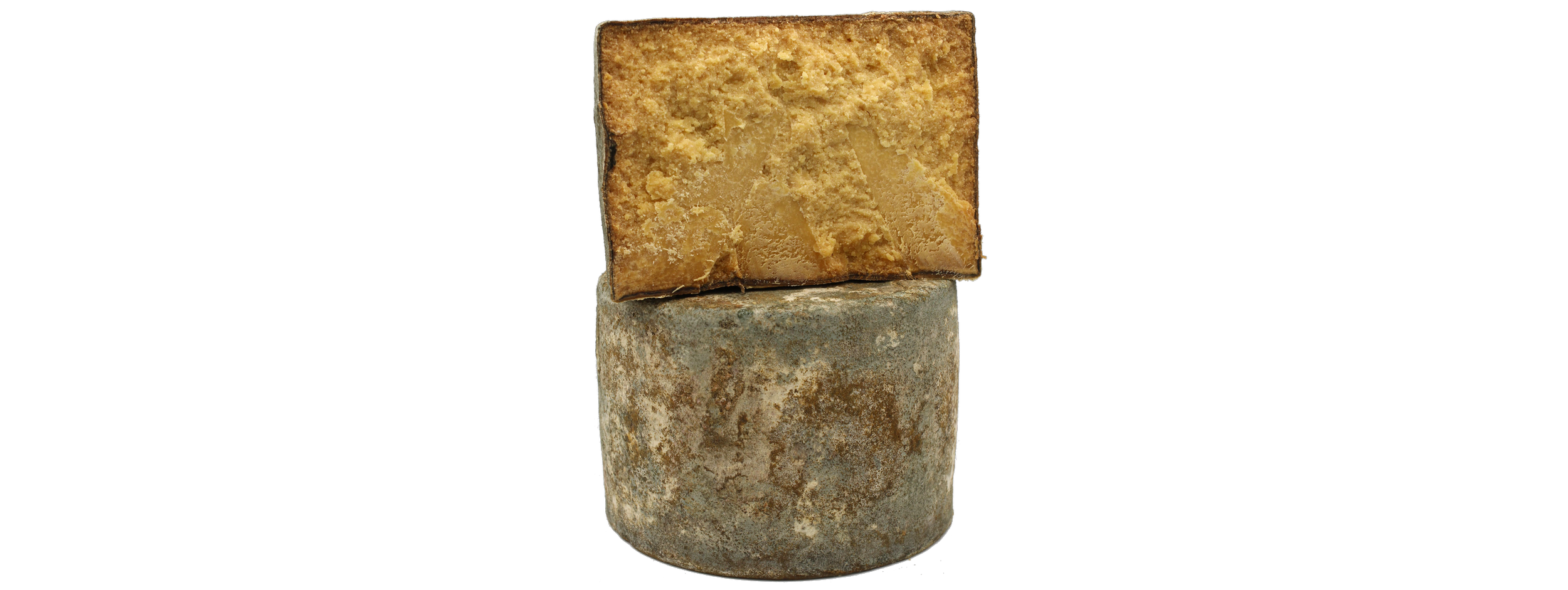Fermentation was the first human biotechnology. It converted simple ingredients into incredible foods: milk into cheese, pork into prosciutto, grains into beer and bread. Tezza is a public benefit corporation that discovers and designs microbial communities to transform inexpensive plants into new categories of sustainable fermented foods. This approach allows us to create plant-based foods that are absurdly delicious and less expensive than animal-based counterparts. We are starting with the most resource-intensive and addictive dairy product: 🧀.
Mission
We create fermented foods that make animal products obsolete.
Values
Stay hungry. We care about what we do, how we do it, and getting better at it every day. We take risks, make mistakes, and learn from them.
Look in the mirror. Self-awareness is a key ingredient for working with others. By reflecting on what we think, feel, and do, we can adjust our behaviors to better serve ourselves and our team. By knowing our strengths and our flaws, we can maintain the humility to learn from our colleagues and the pride to share our strengths with them. In any personal change big or small, the first step is awareness.
Choose agency. Sometimes we’re up, sometimes we’re down, but the heart of agency is taking responsibility for how we respond and owning our freedom to make that choice. We choose not to focus on what we can’t control but work on what we can. We choose not to fixate on what happens to us but on what we do about it. We believe in our ability to solve problems; recover from setbacks; and make the world better.
Savor every bite. Whether you’re kicking ass or getting your ass kicked, have fun, take care of yourself, and choose optimism, even if it’s your only option. Sometimes even the end of civilization isn’t that serious. You have one life; bask in it.
Operating principles
Own your work’s success. We own whatever task is necessary to ensure that our work has an impact. We don’t pass batons; we push the team forward. We don’t resent decisions; we present convincing evidence for our recommendations. We don’t say, “That’s not my job”; we roll up our sleeves.
Clear is kind*. Unclear is unkind. When we communicate, we take the direct path, often into conflict and hard conversations that avoid even harder conversations in the future. Instead of talking about our colleagues, we talk with them. We give feedback early and often, and we receive it with grace and gratitude.
Stay scrappy. We stay scrappy in our team, operations, and organization. We hire when things start to break, we focus on the most important things, and we don’t compare ourselves with large, well-funded startups. We ask what makes sense for this company right now. We’re a food company, not a software company, and staying scrappy is necessary to build the lasting business that we’re all here to build.
Write things down. We write things down to clarify our thinking and share that thinking with others. In practice, we write up projects to define goals, timelines, budgets, and roles. We write experimental plans to clarify our science and record our results. We write meeting agendas to efficiently use our time. We write retrospectives to learn from our and others’ mistakes. We write down decisions to provide transparency.
Think from first principles. To change the food system, we need to create foods that are more sustainable, nutritious, cheap, and delicious than animal products. We won’t get there by doing what is “normal” or accepting industry assumptions. When facing a problem that needs reinvention, we first reframe the problem, boil it down to fundamental truths, and repeat. We think outside the box, except when that box is hard laws of physics or capitalism.
Do the last experiment first. Doing an experiment is slow, complicated, and expensive. So why not start with an experiment that validates whether that effort is worthwhile? Instead of building a product or starting an ambitious experiment, write a document that outlines your thinking, expected outcomes, and potential problems, and review it with others. Before developing a tool in-house, hire an outside service to make sure it’s useful.
Say thank you. We all want recognition for our work. But most of work and life is unsexy, and overnight successes happen only over thousands of nights. So we say thank you. Thank you to our colleagues for things big and small, thank you to ourselves for showing up every day, and thank you for the opportunity to work on something we care about.
*: Thanks Brene Brown

